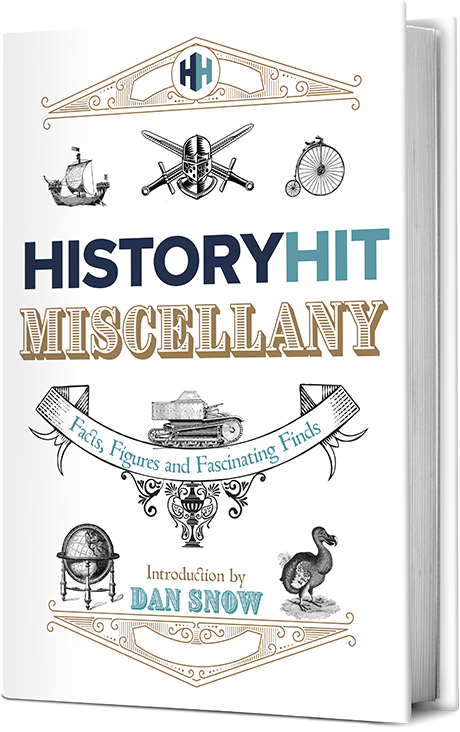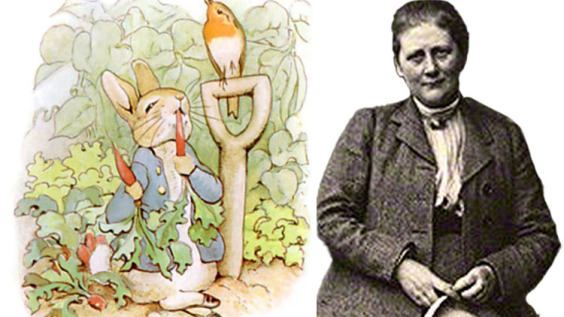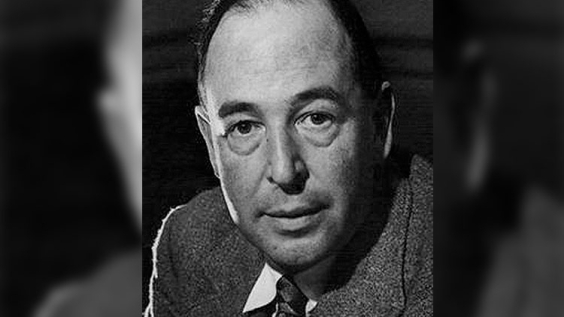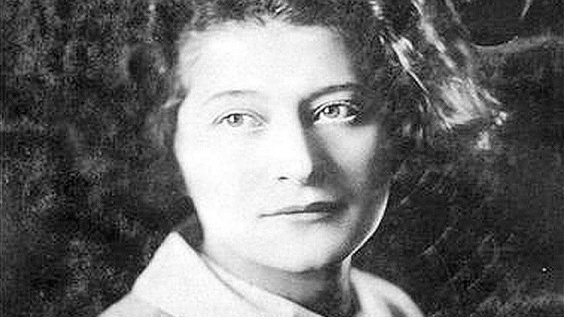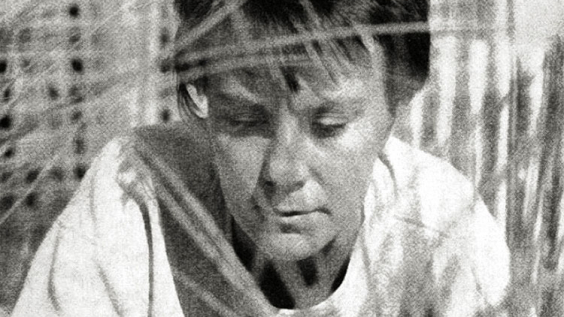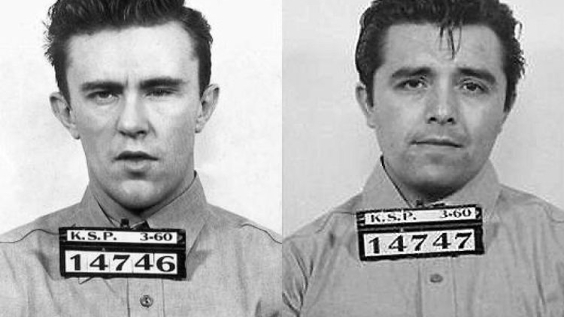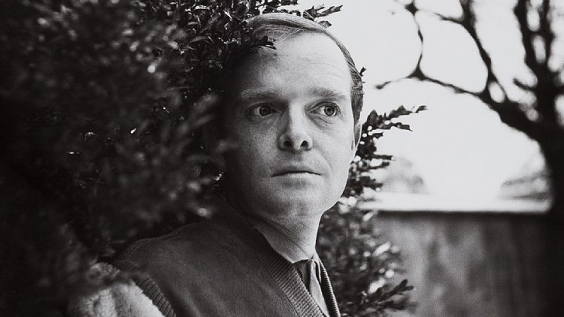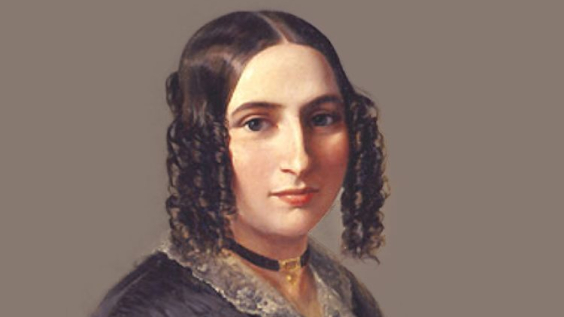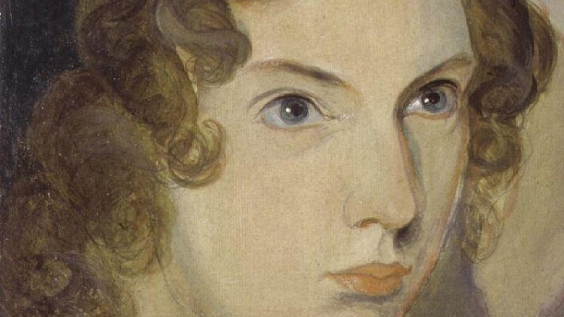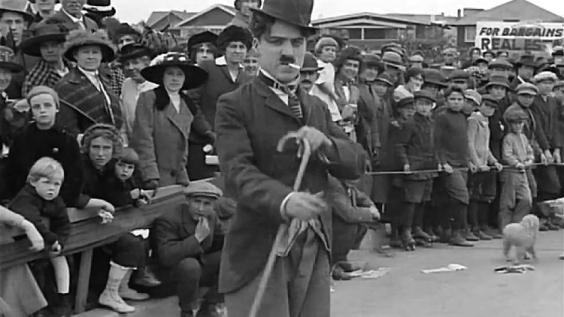
On 13 January 1968, famed country singer-songwriter Johnny Cash recorded two shows at Folsom Prison in California for the album At Folsom Prison. Though Cash never spent time in prison himself, he was inspired to pen a song called Folsom Prison Blues because of a documentary he saw in the early 1950s titled Inside the Walls of Folsom Prison.
The response to the song, which he included on his 1957 debut album, was immense. Prisoners related to Cash and the song, and he began receiving requests to perform in prisons. In the time since, it has become one of Cash’s most well-known, signature songs.
Here’s a breakdown of how Folsom Prison Blues came into existence.
He wrote the song while serving in the air force
Cash watched Inside the Walls of Folsom Prison in 1951, while serving in West Germany in the United States Air Force in Bavaria, which was itself the location of a famous prison. Cash conceived of the line ‘But I shot a man in Reno, just to watch him die’ by imagining the worst reason someone might have for killing another person.
When asked by photographer Jim Marshall why the song’s main character was serving time in California’s Folsom Prison when he’d shot a man in Reno, Nevada, Cash responded, ‘That’s called poetic licence’.
Folsom Prison Blues was recorded at the Sun Studio in Memphis, Tennessee, in 1955, and was released along with another song recorded at the same session titled So Doggone Lonesome. By early 1956, both songs reached No. 4 on the Billboard C&W Best Sellers chart, and in 1957, Cash’s first prison performance was at Huntsville State Prison, which motivated him to perform at several more prisons over the coming years.

Publicity photo of Johnny Cash for Sun Records, 1955
Image Credit: Sun Records, Public domain, via Wikimedia Commons
He didn’t write most of the melody and lyrics
Less-well known is that Cash didn’t write the majority of the music and lyrics of the song. Instead, Cash took the melody and many of the lyrics for the song primarily from Crescent City Blues on Gordon Jenkins’ 1953 Seven Dreams concept album. The song wove together elements from two popular folk songs styles, the train song and the prison song. These are styles that Cash continued to use throughout his career, with the sound being epitomised in Folsom Prison Blues.
Jenkins was not credited, however, and after Cash’s song became immensely popular in the early 1970s, Cash paid Jenkins a lawsuit-induced settlement of around $75,000.
He included a song written by an inmate at Folsom Prison
Though Cash had enjoyed commercial success from songs such as I Walk the Line, Ring of Fire and Understand Your Man, by 1967, his popularity was waning, largely because of his spiralling drug use. However, Cash sought help for his drug problem, and by the end of 1967, he had improved and was looking to revitalise his career.
Cash pitched the idea of recording a live album at a prison, which Colombia Records producer Bob Johnston enthusiastically supported. Johnston called San Quentin State Prison and Folsom to ask if it might be possible. Folsom responded first, so Cash performed twice at the prison – once in the morning, and once in the afternoon, to give him two chances at each song performance for the album.
 Listen Now
Listen NowBoth performances ended with a song written by Folsom Inmate Glen Sherley called Greystone Chapel. Sherley was in the audience, and was completely unaware that his song had been passed to Cash the day before by the prison minister. Cash received numerous requests to perform in prisons afterwards. His first was at Huntsville State Prison in Texas in 1957, followed by San Quentin in California the year after.
The album helped to revitalise his career
The release of At Folsom Prison was prepared in four months. Record label Columbia initially invested little in promoting the album, preferring to push pop songs instead. However, it charted on the Billboard Hot 100, then the country charts.
The single did suffer a setback, however, when Senator Robert F. Kennedy was assassinated in 1968; radio stations stopped playing the song because of the line ‘I shot a man in Reno / Just to watch him die’. Despite protests from Cash, Columbia remixed the song with the line omitted and re-released it. The new version became a success, reaching number one on the country charts and the top forty on the national charts, and eventually, the album reached number one on the country charts. It was later certified gold since it sold over 500,000 copies.
Legacy
As a result of his experience performing in prisons, Cash became an outspoken advocate for prisoner rights at a time when the American public was waking up to the inadequacies and abuses of its penal system.

Cash advocated prison reform at his July 1972 meeting with President Richard Nixon
Image Credit: The Nixon library, Public domain, via Wikimedia Commons
In 1972, at the height of his second wave of fame, Cash spoke at a US Senate hearing, where he recounted the stories of abuse he had been told during his many prison visits over previous years. He offered a series of recommendations to improve the system, such as separating first-time inmates from hardened criminals, keeping minor offenders out of prison and offering inmates counselling before their release.
In 1972 he spoke at a US Senate hearing, recounting the stories of abuse he had been told during his numerous prison visits in the years after the Folsom show and offering a series of recommendations to improve the system: separating first time inmates from hardened criminals; keeping minor offenders out of prison; and offering inmates counselling before their release.
As a result, Cash’s album At Folsom Prison is remembered both for its cultural and political impact, and is still enjoyed by music lovers around the world today.

